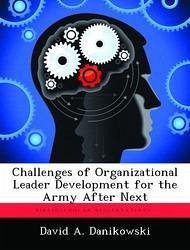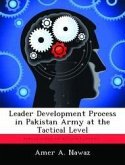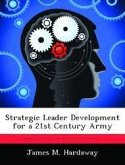This research focuses on how the Army utilizes leadership doctrine to prepare midgrade officers for innovative and adaptive organizational leadership required for the Army After Next. The research evaluates Army leadership doctrine and follows the leader development imperative through the Army Organizational Life-Cycle Model to influence the process of change. Leader development is one of the six Army imperatives (DTLOMS) which impact force development. Through extensive review of FM 22-100, Army Leadership, and literature on leadership theory and organizational behavior, the author addresses the human element of leadership as it applies to future organizational leaders. The integration of Army values throughout leadership doctrine reflects the positive outcome of transformational leadership--which seeks commitment (identification and internalization)--by influencing attitudes and values. Preparing midgrade officers for organizational leadership requires leader development, which has some shortcomings. Institutional training and education does not adequately address the totality of the leadership framework, specifically interpersonal and conceptual skills and improving actions. Organizational leader development programs vary too widely to result in recurrent positive outcomes, and the extent to which leaders become adaptive and innovative is a function of individual initiative (reflected in broad self-development) and aptitude (creativity and intellect).
Bitte wählen Sie Ihr Anliegen aus.
Rechnungen
Retourenschein anfordern
Bestellstatus
Storno









